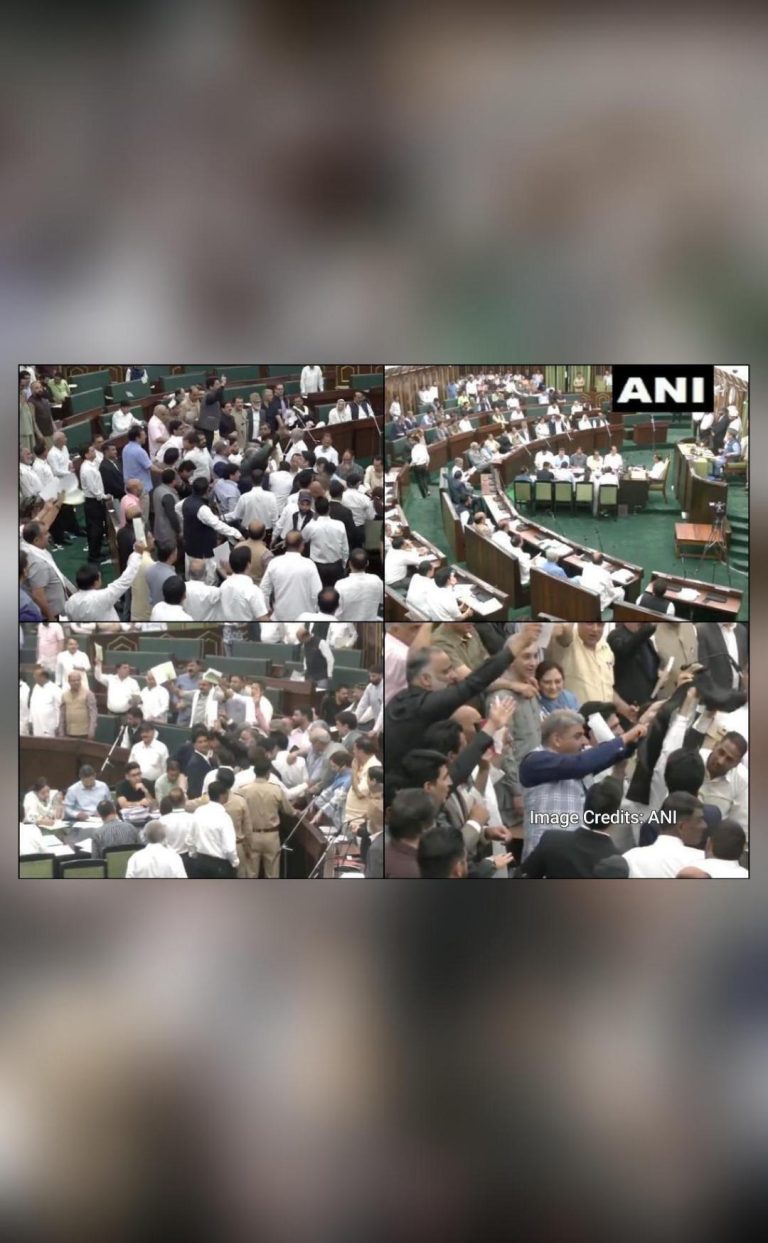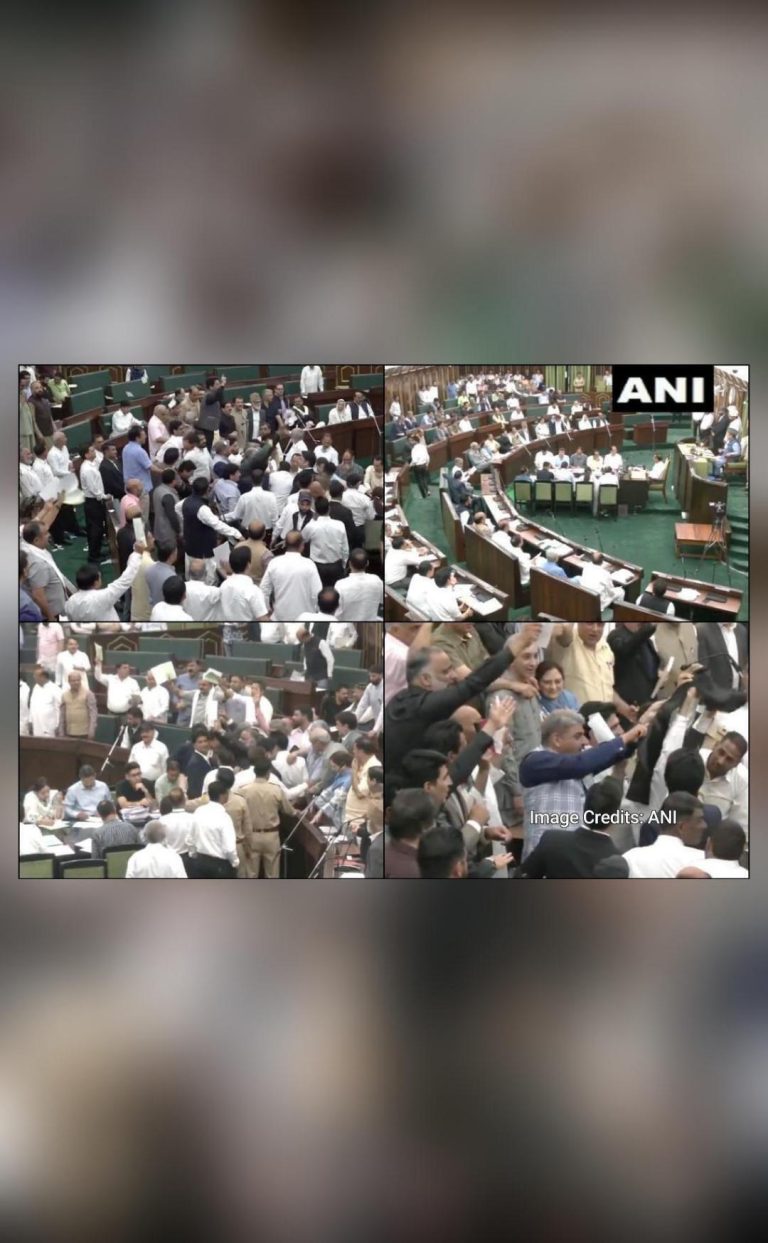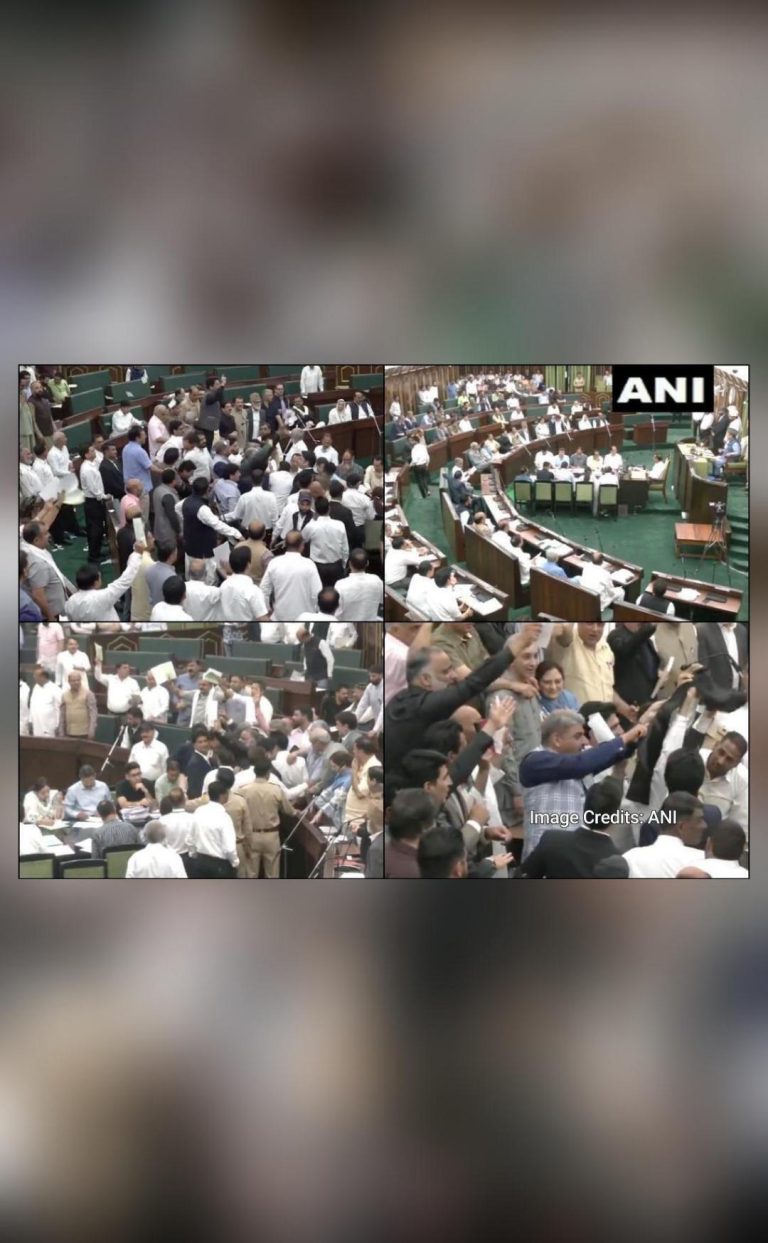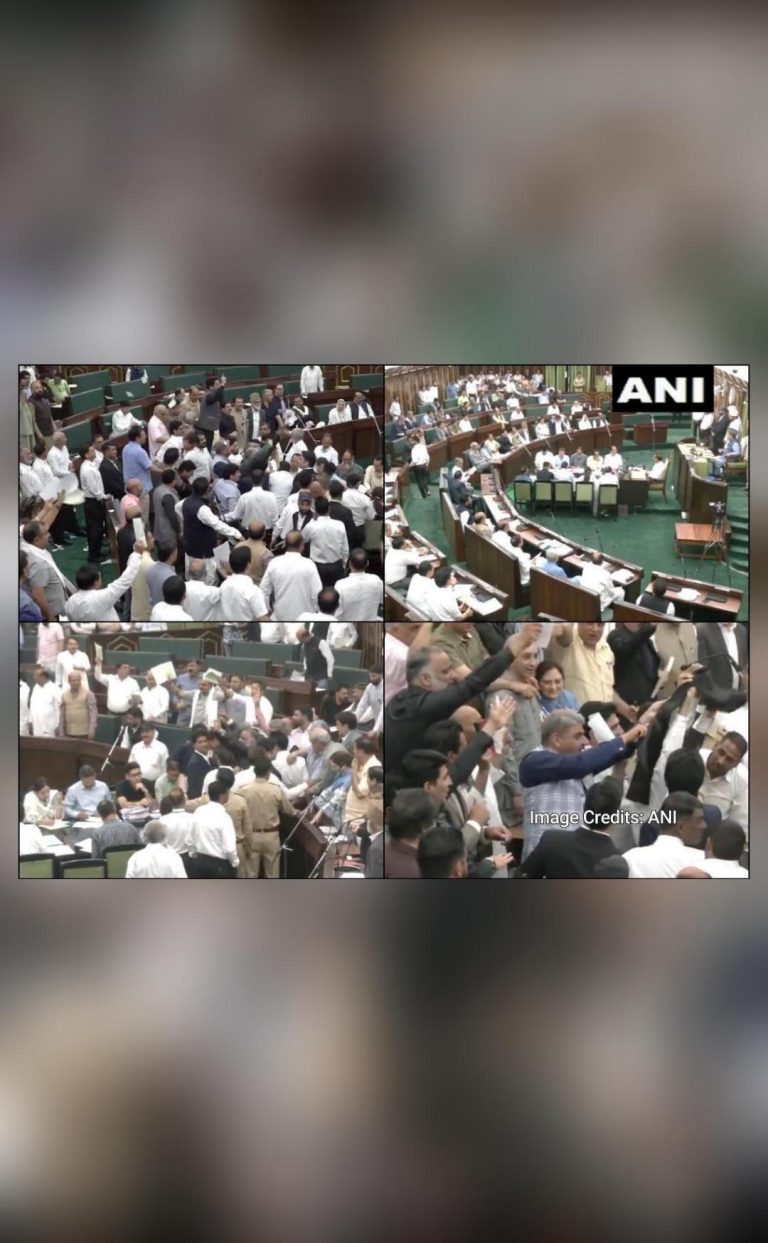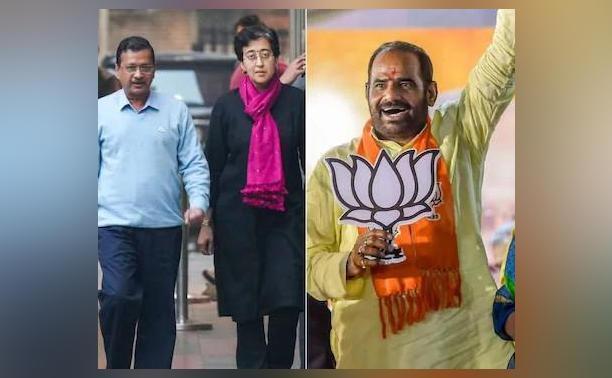
How Did Key Candidates Perform in Delhi Polls?
The Delhi Assembly elections 2025 saw a significant impact on the fate of several key candidates, including the former Chief Minister and AAP Chief Arvind Kejriwal. Despite being a prominent figure in the political landscape, Kejriwal lost the New Delhi seat to BJP’s Parvesh Verma. This unexpected turn of events sent shockwaves through the political circles, as many had anticipated a stronger performance from the AAP leader.
Meanwhile, Delhi Chief Minister Atishi was re-elected from the Kalkaji seat, securing a significant victory for the AAP. Her win is a testament to her hard work and dedication to the people of Kalkaji, who have reposed faith in her leadership.
However, not all AAP leaders fared well in the polls. Delhi Minister Saurabh Bharadwaj lost from the GK seat, while ex-Deputy CM Manish Sisodia lost from Jangpura. Ex-Minister Satyendar Jain also suffered a defeat from Shakur Basti, dealing a blow to the AAP leadership.
On the other hand, Delhi Minister Gopal Rai managed to pull off a win from Babarpur, ensuring a significant victory for the AAP in this constituency.
So, what went wrong for the AAP leaders who lost the polls? Was it a lack of voter support or poor campaigning? Let’s take a closer look at the results and analyze the factors that contributed to their loss.
Arvind Kejriwal’s Defeat: A Surprise or a Slipping Tide?
Arvind Kejriwal’s loss in the New Delhi seat was a surprise to many, given his reputation as a strong campaigner and leader. However, some analysts suggest that Kejriwal’s over-reliance on his personal popularity and lack of focus on local issues may have contributed to his defeat.
Kejriwal’s campaign was largely centered around his national profile and the AAP’s achievements in governance, rather than addressing specific issues affecting the New Delhi constituency. This may have alienated voters who were looking for a more local and responsive leader.
Furthermore, Kejriwal’s decision to contest the New Delhi seat, rather than focusing on his role as the AAP’s national convener, may have diluted his campaign’s impact. This could have allowed the BJP to capitalize on the lack of attention and resources devoted to the seat.
AAP’s Poor Performance: A Leadership Issue or a Sign of Changing Tides?
The AAP’s poor performance in the polls has raised questions about the party’s leadership and its ability to connect with voters. While Kejriwal remains a charismatic leader, his loss in the New Delhi seat suggests that the party may need to reassess its strategy and focus on local issues.
The defeat of several AAP leaders, including Saurabh Bharadwaj, Manish Sisodia, and Satyendar Jain, also suggests that the party’s leadership may be losing its grip on the electorate.
However, it’s also important to note that the Delhi polls were marked by significant voter fatigue and a desire for change. The AAP’s poor performance may be a sign of changing tides in the city’s political landscape, rather than a reflection of the party’s leadership.
Conclusion
The Delhi Assembly elections 2025 have sent shockwaves through the political circles, with several key candidates, including Arvind Kejriwal, suffering defeats. While the AAP’s poor performance is a cause for concern, it’s also important to recognize the changing political landscape in Delhi.
As the party’s leadership reassesses its strategy and focus, it’s clear that the AAP will need to work harder to connect with voters and address local issues. The party’s fate will depend on its ability to adapt to the changing political climate and capitalize on its strengths.
In the meantime, the BJP’s victory in several key constituencies, including the New Delhi seat, suggests that the party is well-positioned to capitalize on the AAP’s weaknesses.
As the dust settles on the Delhi polls, one thing is clear: the political landscape in the city is more complex and unpredictable than ever before.
Source:
